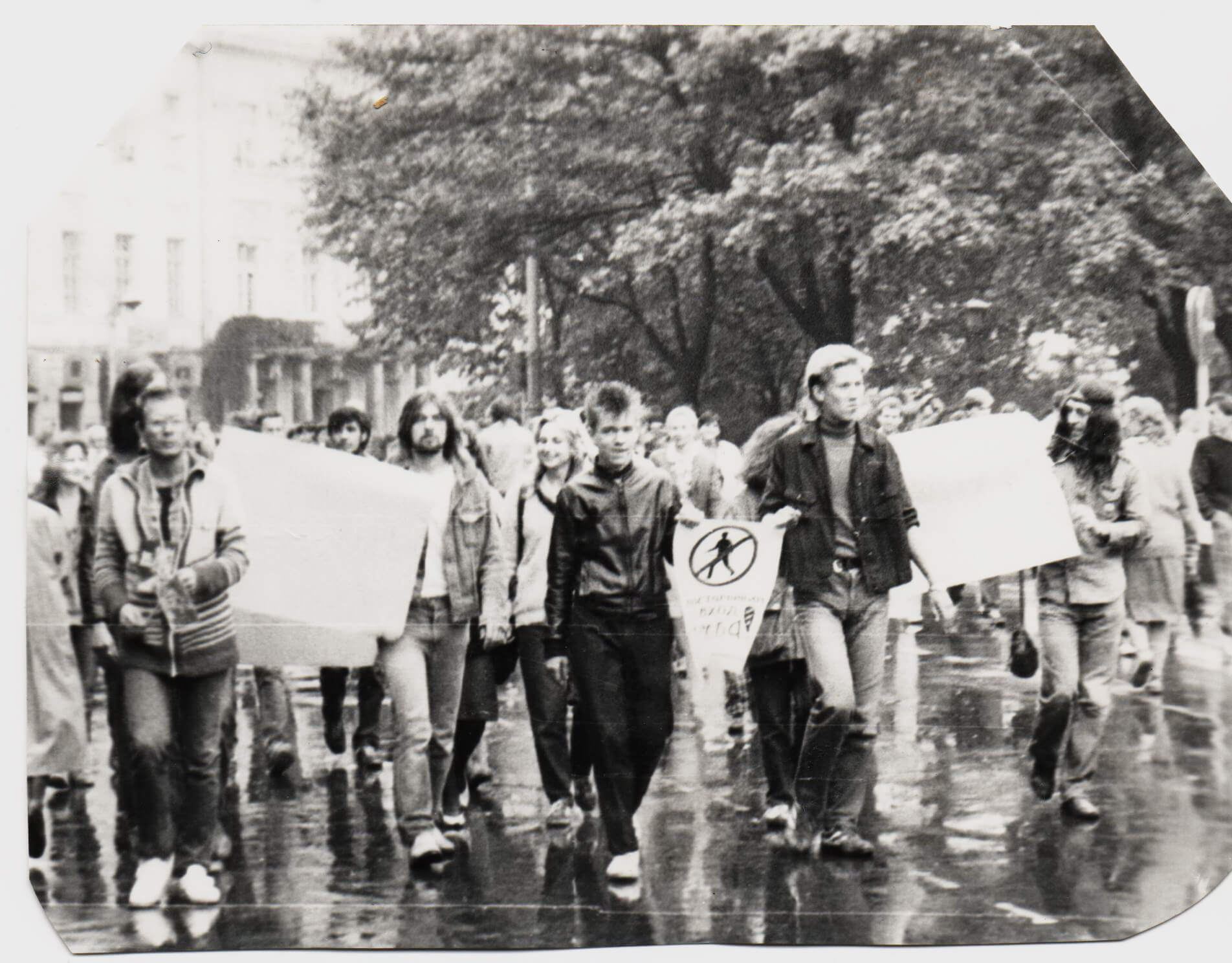The Lviv ‘Trust’ Group: A History of the Emergence and Fate of the Radical Peace Movement in the USSR
Iryna Gordeeva
Russian State University for the Humanities (RSUH), MoscowDecember 21, 2012
Center for Urban History, Lviv
The focus of the lecture was two-fold: an examination of the role of the cultural environment in 1970s and 80s Lviv and the subsequent emergence of a pacifist ideation among the city’s youth, its "mood" lasting into the mid-1980s; secondly, the outcome of this pacifist initiative with the onset of perestroika. The period was marked by an ideological quest among a loose-knit association of Lviv’s juvenile and young adult populations which were actively engaged in a series of utopian scenarios or games. Due to its particular geographical and socio-cultural characteristics, Lviv served as a unique platform for the development of an underground, independent, youth peace movement, and home to a broad range of ideological perspectives and values of an "alternative" character.
For the Lviv "hippie", pacifism was a means of overcoming the negative aspects of "the great renunciation" - the lodestone of "non-traditional" soviet youth and their role and relation to the soviet state and society in the 1970s. The trend toward social activism among soviet hippies emerged in the early 1980s in Moscow and other cities with the attempt to create an independent peace movement and the establishment of good faith between East and West (the "Trust" Groups). As a result of its peacekeeping and human rights initiatives, "Trust" quickly gained an international following.
The Lviv pacifist movement organized its own "Trust" Chapter in 1987, its members participating actively in politics during Perestroika, and re-establishing themselves as a force to be reckoned with during this period of anti-Party activism.
Iryna Gordeeva
has a PhD in history (2000). She is a senior professor of Modern Russian History at the Russian State University for the Humanities (RSUH) in Moscow, having graduated from RSUH with a degree of Historian/Archivist (1997). She specializes in the sphere of the history of religious and grass-roots movements in Russia, including the history of utopianism, the communitarian movement, radical pacifism, the “Tolstoyan” movement, and Russian sectarianism.
